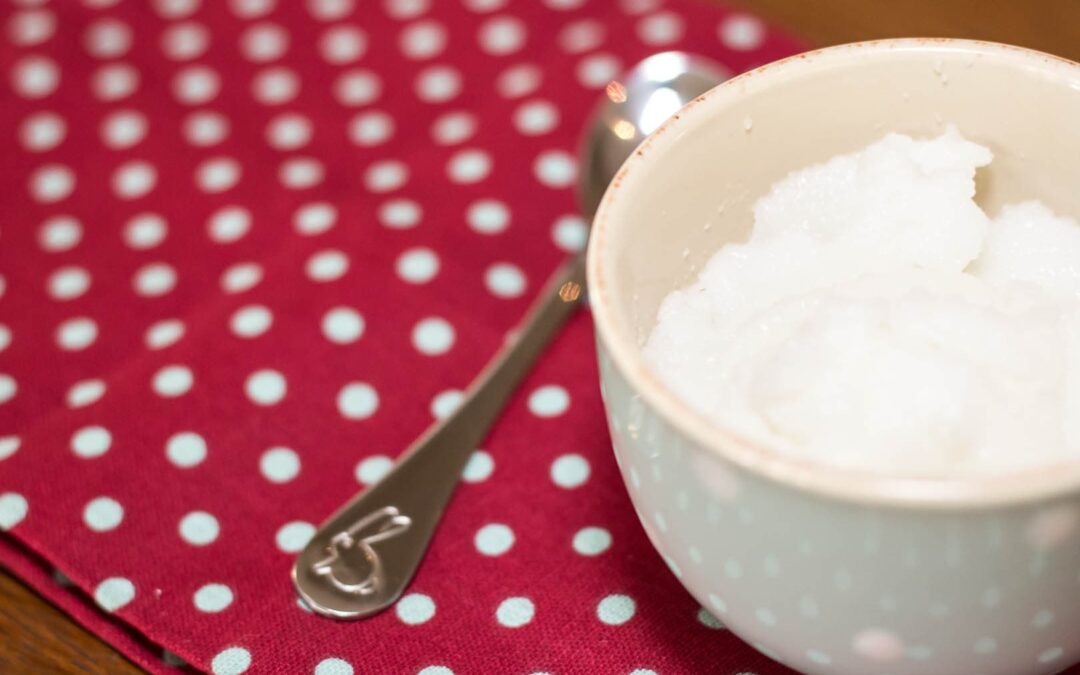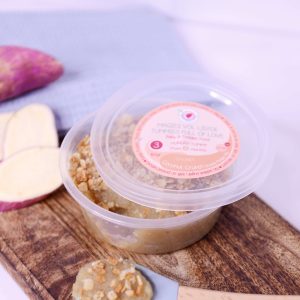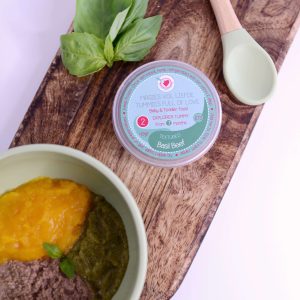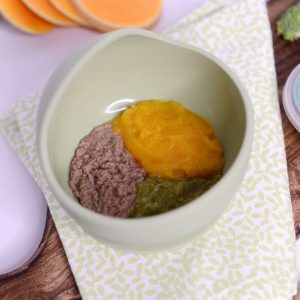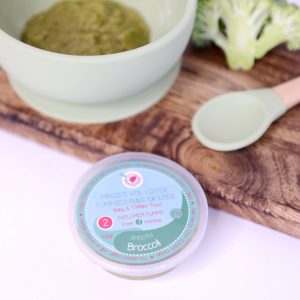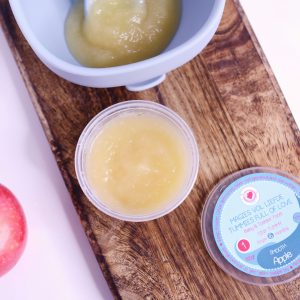The first 4 to 6 months of your baby’s life is challenging and rewarding for many reasons. Making sure your baby is well fed through either breastfeeding or formula feeding is an achievement on its own, but now a new adventure awaits: starting your baby on solid food.
The first step of complementary feeding is starting with starchy food and one example of this is a baby porridge. With so many different ones on the market, which ones are best for your baby?
- Iron rich
- A baby’s iron reserves are filled up when they are born, but after the first 6 months of life the stores are depleted. Breast milk is completely adequate for your baby’s nutritional needs in the first 6 months, but thereafter he/ she needs food containing iron.
- Babies aged 7 to 12 months need 11 milligrams of iron daily.
- Babies who are on an iron fortified formula don’t need extra iron, but breastfed babies need a cereal that contains iron.
- Babies who are iron deficient usually have a low appetite, gain weight slowly, have pale skin and may be more irritable.
- Iron is important for the transportation of oxygen to your cells. Low iron levels therefor slow growth and cause fatigue and weakness.
- Sugar content
- When babies start eating solid food the only taste they know is of milk (breastmilk and/ or formula milk depending on your baby). They haven’t been exposed to sweet, salty, bitter or sour yet. These flavours are yet to be introduced to them.
- When a baby is first introduced to sweet flavours, it may be more difficult to introduce bland flavours (like with vegetables) thereafter.
- Be careful of the sugar content of the cereals. Keep in mind that 5 grams of sugar is one teaspoon. Low sugar content is less than 5 grams per 100 gram of the product.
- A cereal with high sugar content may cause more rapid weight gain than ideal and may also cause a higher risk for early tooth decay.
- Sensitivities of ingredients
- Baby cereals have a starchy basis which generally comes from wheat, maize or rice. Babies who show sensitivities to wheat or gluten containing products will react better to rice based cereals.
- Be careful not to self-diagnose allergies or intolerances in your baby. If you see a possible allergic reaction – e.g. skin rash, gastrointestinal disturbances, breathing difficulty – take your baby to their paediatrician or general practitioner for proper testing and medical examination.
- Self-diagnosing and consequently excluding certain food groups can lead to nutrient deficiencies in your baby.
- Lactose intolerance in babies is very rare and should also first be diagnosed before anything is excluded from your baby’s diet. Furthermore, if you are a breastfeeding mom and are worried that your baby is having a reaction to something in your breast milk, first seek medical and nutritional advice from your doctor and/ or dietitian before excluding anything from your diet.
For the first introduction to baby cereal, mixing some breast milk or familiar formula into the cereal can help them get used to the new texture and flavour.
The introduction of solid food is a new and exciting part of your baby’s development and shows that he/ she is growing well. Enjoy this time and give yourself and your baby time, space and patience to adapt to this new phase.
Remember: you’re a great mommy!


